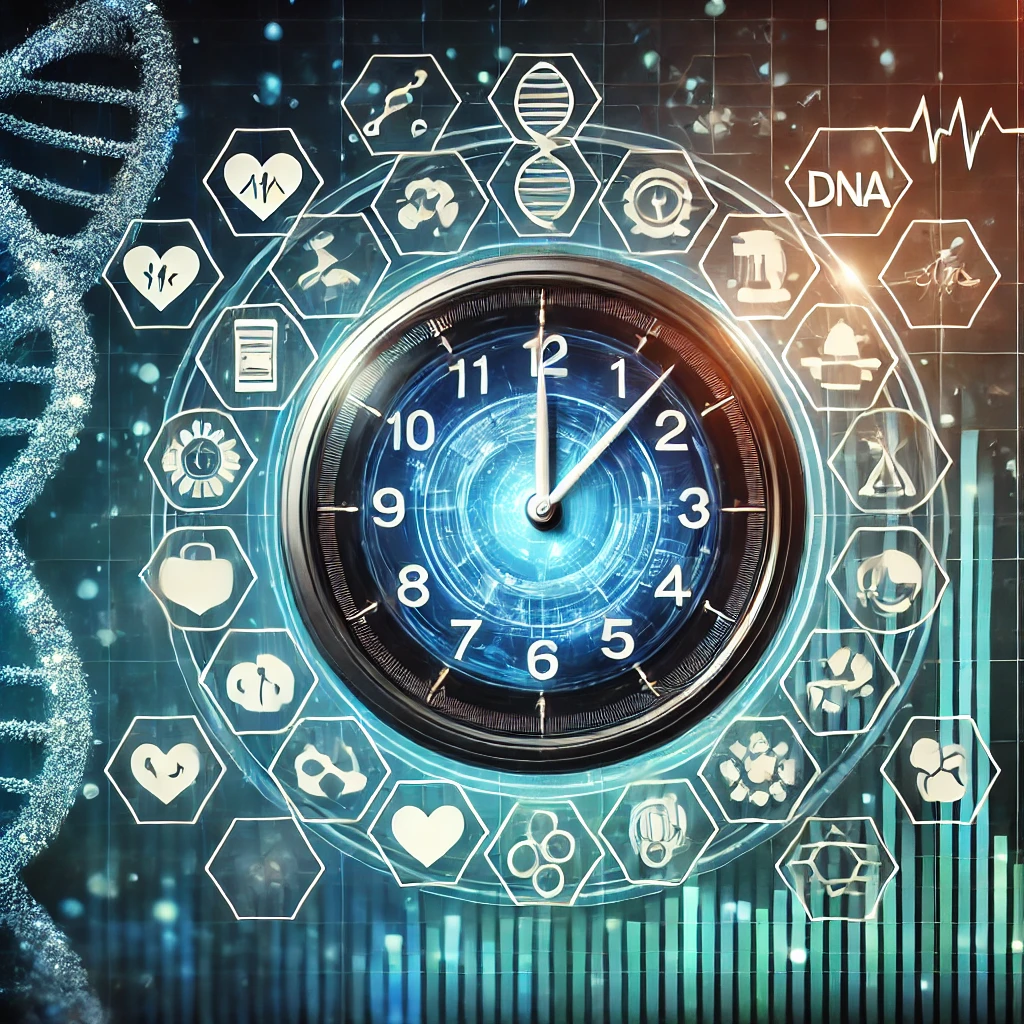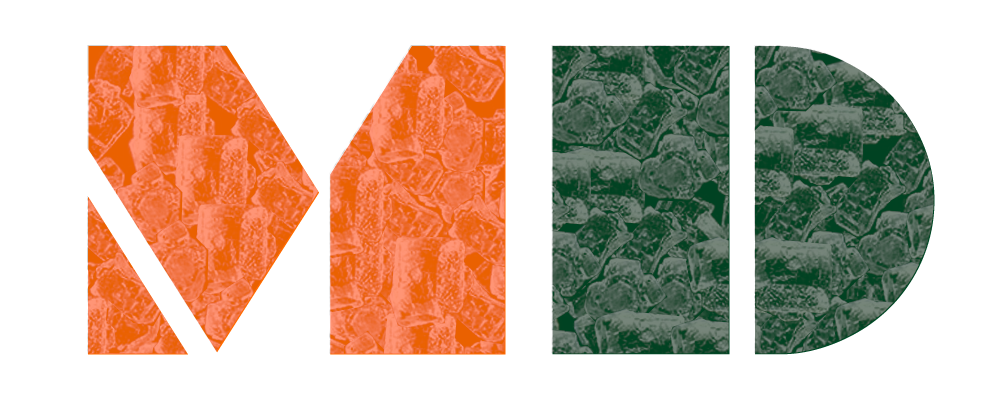
Prefer to listen?
🔬 The Future of Aging: How Deep Learning is Transforming Healthspan 🔬
Welcome to Mindful Diabetes Inc.’s “Pathways to Wellness” series, where we explore cutting-edge advancements in health and wellness. Today, we delve into the fascinating world of aging clocks and preventative medicine. This blog will explore how biological clocks, supported by deep learning technologies, are being developed to enhance healthspan and lifespan through innovative solutions. Understanding these tools and their applications can empower individuals to take proactive steps in managing their health and longevity.
Understanding Aging Clocks
What Are Aging Clocks?
Aging clocks are revolutionary tools that use biomarkers to predict biological age. These biomarkers include clinical data from blood tests, DNA, and other biological markers, providing a comprehensive overview of an individual’s health. By identifying and measuring biological aging processes, these clocks help in early interventions, promoting lifestyle, diet, and exercise modifications to slow down aging or reverse age-related diseases.
- Types of Aging Clocks:
- Blood Age: Uses biomarkers from blood tests.
- Mind Age: Focuses on psychological well-being.
- Epigenetic Age: Based on DNA methylation patterns.
- Benefits:
- Early detection of age-related diseases.
- Personalized health insights and recommendations.
- Accessible through user-friendly software platforms.
❤️ Join Us in Preventing Type 3 Diabetes
Your gift supports scientifically backed prevention programs, cognitive-health education, and AI tools that help families reduce the risk of Alzheimer’s-like symptoms linked to diabetes.
Mindful Diabetes Inc. is a 501(c)(3) nonprofit — all donations are fully tax-deductible.
How Aging Clocks Work
Aging clocks leverage deep learning and other advanced algorithms to analyze vast amounts of biological data. By training on datasets that include various health markers and outcomes, these clocks can predict biological age with remarkable accuracy. This prediction is not just a number; it reflects the body’s functional and health status, offering insights into potential health risks and areas for improvement.
Key Components:
- Biomarkers: Biological indicators like blood chemistry, genetic information, and physiological data.
- Algorithms: Deep learning models that interpret complex data patterns.
- Predictive Analytics: Tools that forecast health outcomes based on current biological age.
Psychological Well-being and Aging
The Interplay Between Mental Health and Aging
Psychological well-being significantly impacts physical health, optimism, and social networks, influencing various health outcomes, including cardiovascular risks and mortality. Tools like the Ryff Scale of Psychological Well-being measure dimensions such as autonomy, environmental mastery, and self-acceptance, providing insights into mental health trajectories over time.
- Key Findings:
- Well-being can remain dynamic and is influenced by life events and personal circumstances.
- Mental health management is crucial for maintaining overall health and longevity.
🌟 Try Our Free Wellness Tools!
Set the high score in our Mindful Eating Game, explore JEIR, or dive deeper into the science behind our AI-driven prevention tools!
🤖 Try JEIR — Your AI Wellness Guide 🎮 Play the Mindful Eating Game 📘 Read About the Mindful Eating Game 🤖📘 Read About the AI Behind JEIRDeep Learning in Psychological Research
Deep learning techniques, such as self-organizing maps (SOMs), are used to predict future well-being and psychological age. These AI methods offer a nuanced understanding of non-linear patterns in psychological data, aiding in personalized mental health interventions.
Applications of SOMs:
Mapping psychological profiles to understand well-being trajectories.
Providing personalized paths for improving mental health.
The Biological and Psychological Impact of Aging
Integrating Psychological Factors in Aging Clocks
Recent studies emphasize the substantial impact of psychological factors on biological aging. Factors like loneliness, unhappiness, and sleep disturbances can significantly accelerate biological aging, highlighting the need for comprehensive health assessments that include psychological well-being.
Study Insights:
Psychological well-being is as influential as physical health in determining aging pace.
Aging clocks can help identify early signs of age-related diseases, enabling tailored health interventions.
Expanded Research on Aging Clocks
The advancement of aging clocks using deep learning technologies is set to transform how we understand and track biological aging. These tools will likely incorporate more varied and comprehensive data sets, including genetic, epigenetic, biochemical, and lifestyle factors, which can offer a more holistic view of aging. By analyzing diverse populations, researchers can uncover unique aging patterns and identify specific interventions suited to different genetic backgrounds or environments. This inclusivity will help in developing more universally applicable aging clocks that are sensitive to ethnic and regional variabilities in aging processes.
Causal Relationships and Psychological Interventions
Another promising area of research is the exploration of the links between psychological states and biological aging. Stress, depression, and anxiety have been shown to influence biological aging processes, potentially accelerating aging at a cellular level. Future studies could use aging clocks to quantify how significant these effects are and explore interventions that could mitigate these impacts. For instance, mindfulness, meditation, and therapy could be systematically tested as anti-aging interventions alongside more traditional medical treatments.
Therapeutic Strategies and Personalized Medicine
Deep learning models could help identify new therapeutic targets by predicting the impact of various drugs, supplements, and treatments on biological age. This approach could lead to personalized medicine strategies that are tailored not only to treat or prevent diseases but also to slow down the aging process based on an individual’s specific biological timeline.
Integration into Healthcare Practice
As aging clocks become more accurate and validated, they could be integrated into regular healthcare practice. This integration would allow physicians to use biological age as a diagnostic tool to recommend preventative measures and check the efficacy of prescribed interventions. It could fundamentally shift the focus of healthcare from disease treatment to prevention and longevity enhancement.
Public Health Initiatives
Understanding aging more deeply could lead to public health initiatives aimed at extending healthspan—the portion of life spent in good health. Educational programs, policy changes, and community health initiatives could use insights from aging research to promote lifestyles that support healthy aging, potentially reducing the burden of age-related diseases on healthcare systems.
Empowering Individuals
Organizations like Mindful Diabetes Inc. play a crucial role in translating these complex scientific discoveries into actionable strategies that people can use to manage their health. By empowering individuals with knowledge and tools, such as the “Pathways to Wellness” series, there is a tremendous opportunity to improve life quality and longevity at an individual level.
📖 Continue Exploring 🌐
Don’t stop here! Dive deeper into the fascinating connection between mental wellness and physical health in our upcoming blogs. There’s always more to discover and explore.
💌 Stay Informed and Inspired 📬
Subscribe to our newsletter for the latest insights, tips, and updates on the mindful path to better health. Together, we’ll continue to unlock the secrets of a balanced and vibrant life.
Thank you for your continued support and readership. Here’s to a healthier, happier you! 🌈💚




